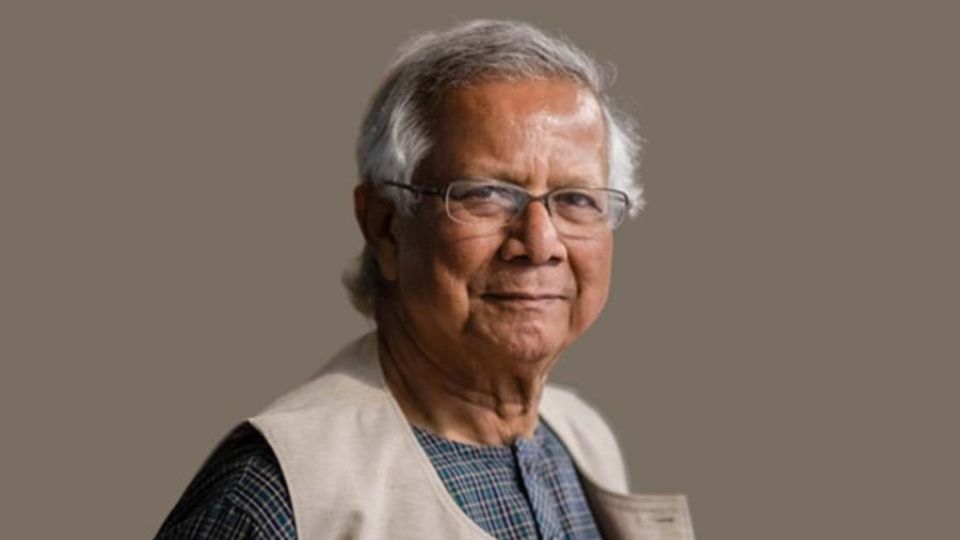November 19, 2024
DHAKA – Amid myriad issues jostling for public attention, it was refreshing to see Chief Adviser Prof Muhammad Yunus deliver a speech conveying focused purpose and optimism at a time when deep-seated sociopolitical divisions threaten to overshadow the aspirations that led to the mass uprising over three months ago. His 34-minute address, marking the 100 days of the interim government, also reflected a sense of accountability that we hope will resonate across his administration. However, while he was quite forthcoming and persuasive on certain aspects—such as the ongoing reform drive and measures taken for the victims of the July-August uprising—he was less so on certain other aspects such as the economy, law and order, and, of course, the election timeline.
Prof Yunus has assured that an Election Commission would be formed “within a few days”, and that the roadmap for the election would be issued as soon as decisions on electoral reforms are made. So far, the government has set up six commissions, including on electoral and constitutional reforms, which are expected to submit their reports between December and January. Prof Yunus said some essential reforms would be implemented during the election process which may delay the election “by a few months”. This, along with his recent comment in an Al Jazeera interview about the government’s tenure not extending beyond four years, has created an ambiguity that will test the patience of political parties, with BNP already expressing disappointment over the lack of a roadmap. The sooner the government comes clear on this issue, the better.
On other pressing issues, Prof Yunus’s speech reflected some candour as he made no secret of the challenges we face with inflation. He said the economy is “getting stronger” after the disaster left by the ousted Awami League government, but the administration’s performance in this regard, especially the persistently high commodity prices, has left a lot to be desired. On the state of law enforcement, he said the government is trying to boost the morale of the police, and that there has been “visible progress”. This may be the case, but progress on this front has been much slower than expected, with media reports still painting a worrying scenario of crimes. As regards the government’s initiatives for the victims of the uprising—which Prof Yunus highlighted in his address—there are areas that need to be expedited and streamlined, as recent protests by a group of injured protesters show.
These areas demonstrate the urgency to balance long-sought state reforms with immediate needs while navigating the prevailing political complexities. This is no easy task but the government must accomplish it anyway. That said, it cannot do all this on its own; political parties and citizen groups must also help with their patience, constructive criticism, and continuous feedback, keeping in mind the interests of the nation.


